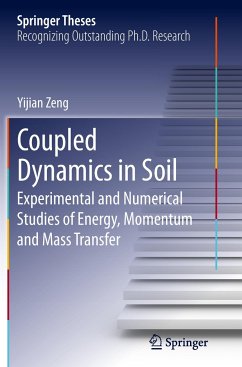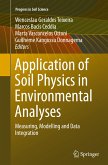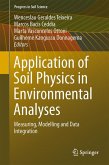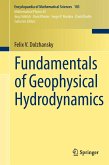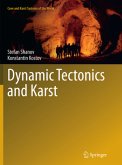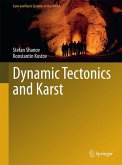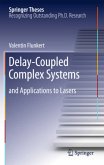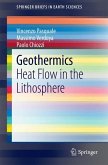In arid and semi-arid areas, the main contributions to land surface processes are precipitation, surface evaporation and surface energy balancing. In the close-to-surface layer and root-zone layer, vapor flux is the dominant flux controlling these processes - process which, in turn, influence the local climate pattern and the local ecosystem. The work reported in this thesis attempts to understand how the soil airflow affects the vapor transport during evaporation processes, by using a two-phase heat and mass transfer model. The necessity of including the airflow mechanism in land surface process studies is discussed and highlighted.
Bitte wählen Sie Ihr Anliegen aus.
Rechnungen
Retourenschein anfordern
Bestellstatus
Storno

